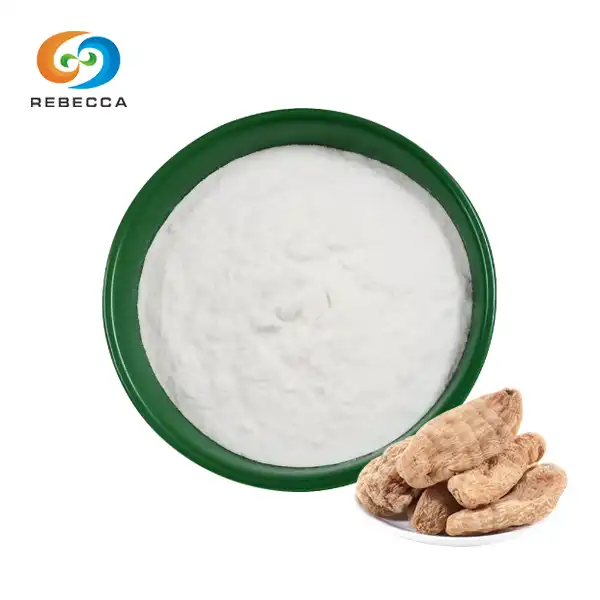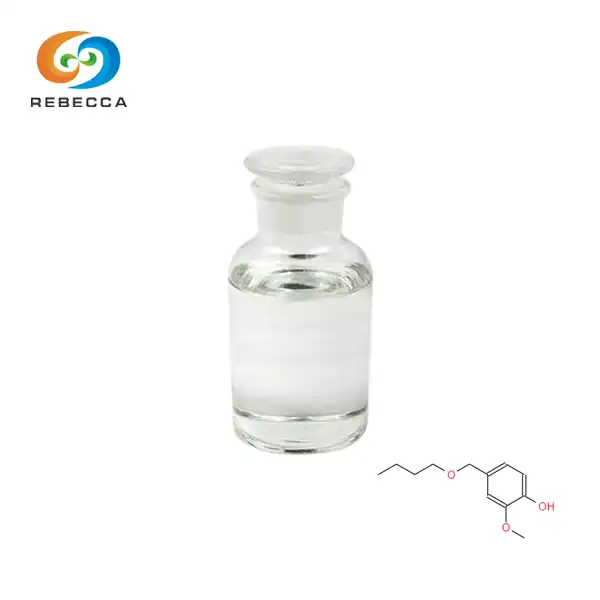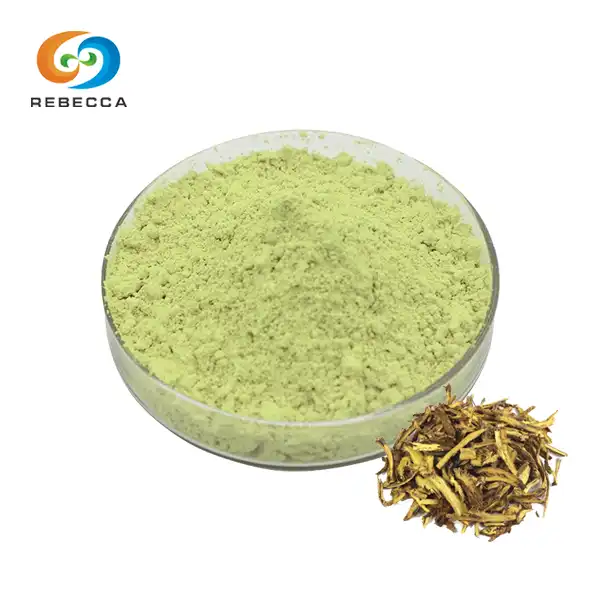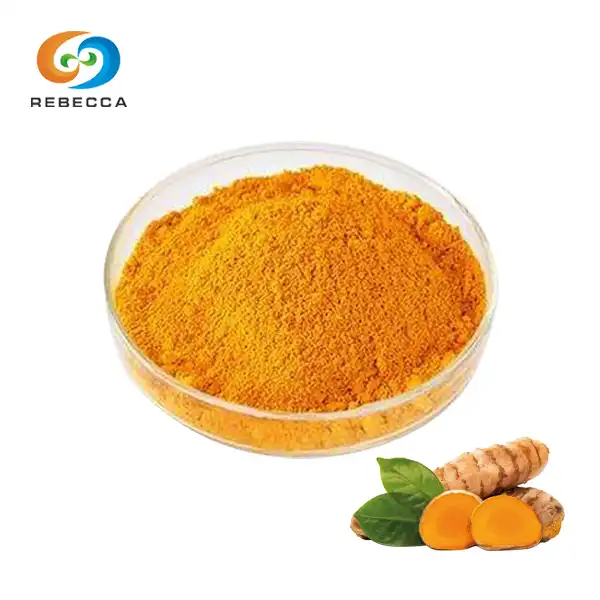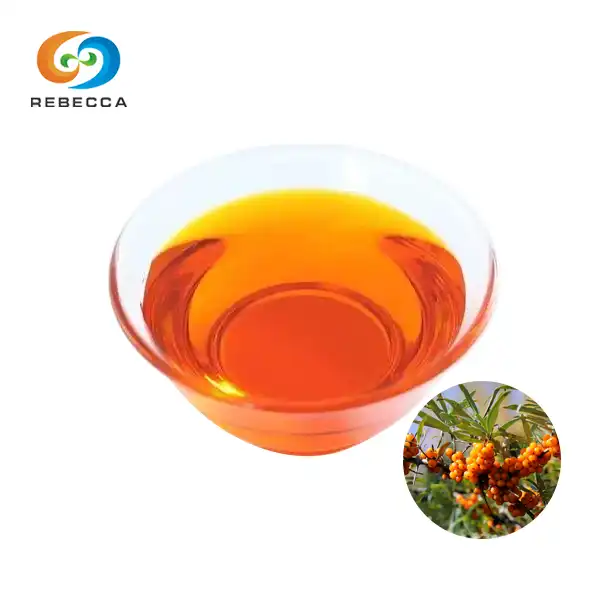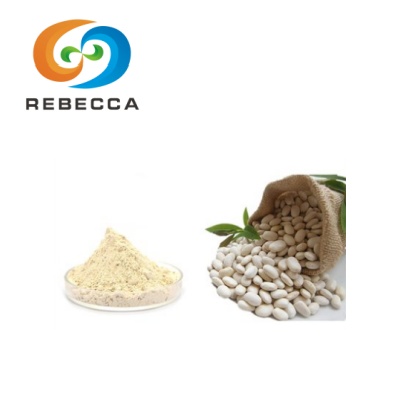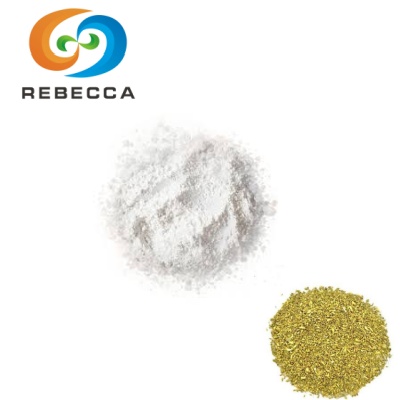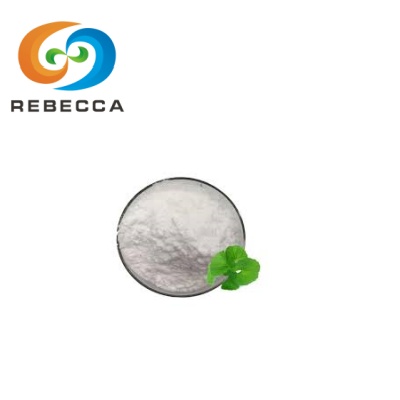Surprising Benefits of Curcumin Powder You Should Know
Curcumin powder, derived from the vibrant turmeric root, has gained significant attention in the health and wellness community. This golden spice offers more than just a burst of flavor to your dishes. Recent studies have unveiled three benefits of curcumin that might surprise you. First, it possesses potent anti-inflammatory properties that can help manage chronic conditions. Second, curcumin acts as a powerful antioxidant, protecting your cells from damage. Third, it shows promise in supporting brain health and cognitive function.
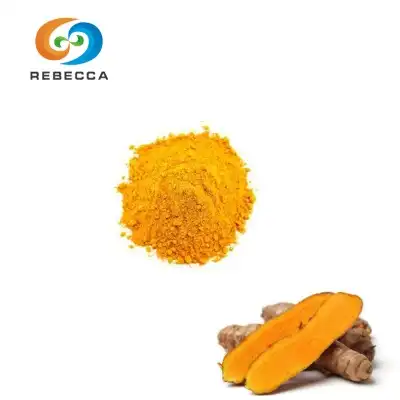
【English name】: Curcumin
【Latin Name】: Curcuma longa L.
【CAS No.】: 458-37-7
【Molecular Formula】: C21H20O6
【Active ingredients】: Curcumin, demethoxycurcumin, bisdemethoxycurcumin.
【Specification】: 10%~ 95% CP/EP/USP
【Use Part】 : Subterranean rhizome
【Appearance】: Orange yellow powder
【Mesh size】:80 Mesh
【Test Method】: HPLC
What Makes Curcumin a Health Game-Changer?
Curcumin's Potent Anti-Inflammatory Properties Explained
Inflammation is a natural bodily response to injury or infection, but chronic inflammation can lead to various health issues. Curcumin, the active compound in turmeric, has shown remarkable anti-inflammatory effects. Studies suggest that curcumin can inhibit molecules that play a crucial role in inflammation, potentially rivaling the effectiveness of some anti-inflammatory drugs without the side effects.
The mechanism behind curcumin powder's anti-inflammatory prowess lies in its ability to block NF-kB, a molecule that activates genes related to inflammation. By targeting this pathway, curcumin may help alleviate symptoms associated with inflammatory conditions such as arthritis, inflammatory bowel disease, and even certain types of cancer.
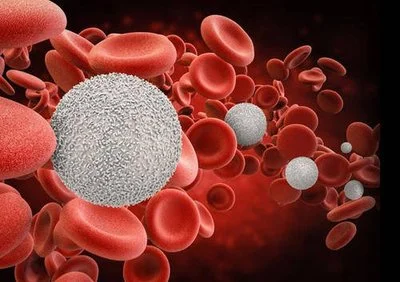
Antioxidant Power: How Curcumin Fights Free Radicals
Free radicals are unstable molecules that can damage cells, leading to oxidative stress and various health problems. Curcumin's antioxidant properties make it a formidable opponent against these harmful molecules. It not only neutralizes free radicals directly but also stimulates your body's own antioxidant enzymes, creating a double defense against oxidative damage.
This antioxidant action may contribute to curcumin's potential in preventing and managing conditions like heart disease, cancer, and age-related cognitive decline. By protecting cells from oxidative stress, curcumin supports overall health and longevity.

Curcumin's Role in Supporting Heart Health
Heart disease remains a leading cause of death worldwide, and curcumin powder shows promise in supporting cardiovascular health. Research indicates that curcumin may improve the function of the endothelium, the lining of blood vessels. A well-functioning endothelium is crucial for regulating blood pressure and preventing blood clots.
Moreover, curcumin's anti-inflammatory and antioxidant properties may help reduce the risk of heart disease by lowering cholesterol levels and preventing the oxidation of LDL cholesterol. These combined effects make curcumin a potential ally in maintaining a healthy heart and circulatory system.

From Inflammation to Brain Health: Curcumin's Impact
Curcumin's Potential in Alzheimer's Disease Prevention
Alzheimer's disease is a devastating neurodegenerative condition with limited treatment options. However, curcumin's unique properties offer a glimmer of hope in the field of Alzheimer's prevention and management. The compound's ability to cross the blood-brain barrier allows it to directly influence brain health.
Research suggests that curcumin may help clear amyloid plaques, a hallmark of Alzheimer's disease, from the brain. Additionally, its anti-inflammatory and antioxidant effects could protect brain cells from damage and degeneration. While more studies are needed, these findings highlight curcumin's potential as a neuroprotective agent.

Fighting Depression: Curcumin as a Natural Mood Booster
Depression affects millions worldwide, and traditional treatments don't work for everyone. Curcumin powder has emerged as a promising natural alternative for managing mood disorders. Studies have shown that curcumin may increase levels of brain-derived neurotrophic factor (BDNF), a protein crucial for brain health and mood regulation.
Furthermore, curcumin's anti-inflammatory properties may play a role in alleviating depression, as inflammation has been linked to mood disorders. Some research even suggests that curcumin could be as effective as certain antidepressant medications in treating mild to moderate depression.

Joint Pain Relief: Curcumin's Effect on Arthritis
Arthritis, characterized by joint inflammation and pain, affects millions of people worldwide. Curcumin powder's potent anti-inflammatory properties make it a promising natural remedy for arthritis symptoms. Studies have shown that curcumin can reduce pain and improve function in people with osteoarthritis and rheumatoid arthritis.
The compound works by suppressing inflammatory molecules and enzymes that contribute to joint destruction. This action not only helps alleviate pain but may also slow the progression of arthritis. For many, curcumin offers a safer alternative to long-term use of anti-inflammatory medications.

How to Maximize Curcumin's Absorption in Your Diet
Combining Curcumin with Black Pepper for Better Bioavailability
One challenge with curcumin is its low bioavailability, meaning the body doesn't easily absorb it. However, combining curcumin with black pepper can significantly enhance its absorption. Piperine, the active compound in black pepper, can increase curcumin absorption by up to 2000%.
This synergistic effect is why many high-quality curcumin supplements include black pepper extract. When cooking with turmeric, adding a pinch of black pepper to your dishes can help maximize the benefits of curcumin.
The Best Time to Take Curcumin Powder for Optimal Results
Timing can play a role in maximizing curcumin's benefits. Taking curcumin powder with a meal that contains healthy fats can enhance absorption, as curcumin is fat-soluble. Some experts suggest taking curcumin supplements with breakfast or lunch to align with the body's natural inflammatory responses.
Consistency is key when it comes to reaping curcumin's benefits. Regular, daily intake is more likely to produce noticeable effects than sporadic use. However, it's always best to consult with a healthcare professional before starting any new supplement regimen.
Curcumin-Rich Recipes: Delicious Ways to Boost Your Intake
Incorporating curcumin powder into your diet can be both healthy and delicious. Golden milk, a traditional Indian beverage, combines turmeric with milk, cinnamon, and honey for a soothing drink. Curry dishes naturally incorporate turmeric, providing a flavorful way to increase your curcumin intake.
For a modern twist, try adding turmeric to smoothies, soups, or roasted vegetables. Experiment with turmeric tea or create a vibrant turmeric rice dish. Remember to include a source of healthy fat and a pinch of black pepper in your curcumin-rich recipes to enhance absorption.
Where to Buy Curcumin Powder?
For high-quality curcumin, look no further than Shaanxi Rebeccia. Our production base is equipped with internationally leading extraction, separation, and purification equipment, and operates in strict compliance with GMP and ISO standards. From raw material procurement to finished product delivery, every step undergoes rigorous quality control to ensure the safety and efficacy of our products. We offer curcumin powder with exceptional purity and potency, perfect for pharmaceutical, supplement, and functional food applications. For more information or to place an order, contact us at information@sxrebecca.com.
References
- Hewlings, S. J., & Kalman, D. S. (2017). Curcumin: A Review of Its Effects on Human Health. Foods, 6(10), 92.
- Daily, J. W., Yang, M., & Park, S. (2016). Efficacy of Turmeric Extracts and Curcumin for Alleviating the Symptoms of Joint Arthritis: A Systematic Review and Meta-Analysis of Randomized Clinical Trials. Journal of Medicinal Food, 19(8), 717-729.
- Ng, Q. X., Koh, S. S. H., Chan, H. W., & Ho, C. Y. X. (2017). Clinical Use of Curcumin in Depression: A Meta-Analysis. Journal of the American Medical Directors Association, 18(6), 503-508.
- Mishra, S., & Palanivelu, K. (2008). The effect of curcumin (turmeric) on Alzheimer's disease: An overview. Annals of Indian Academy of Neurology, 11(1), 13-19.
- Prasad, S., & Aggarwal, B. B. (2011). Turmeric, the Golden Spice: From Traditional Medicine to Modern Medicine. In I. F. F. Benzie & S. Wachtel-Galor (Eds.), Herbal Medicine: Biomolecular and Clinical Aspects (2nd ed.). CRC Press/Taylor & Francis.
